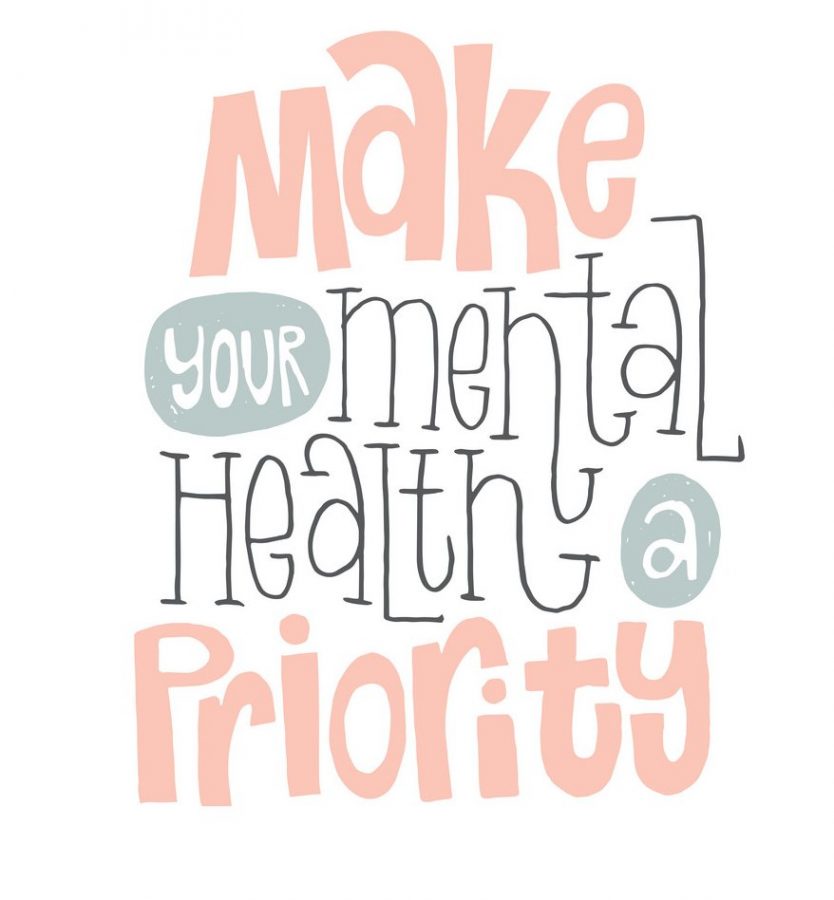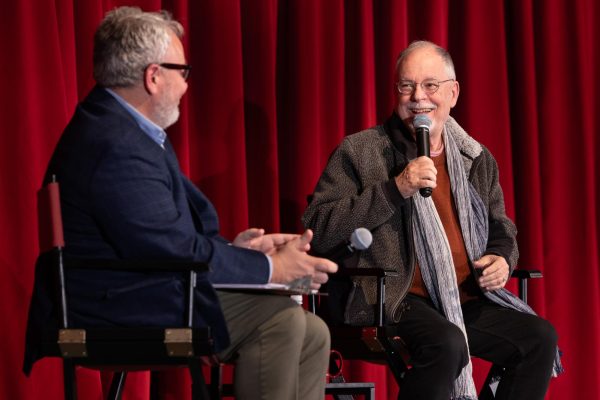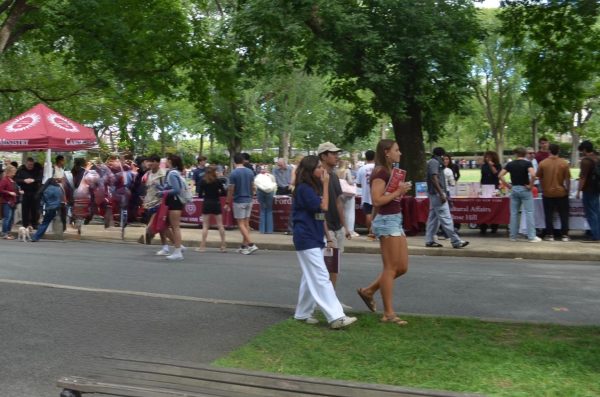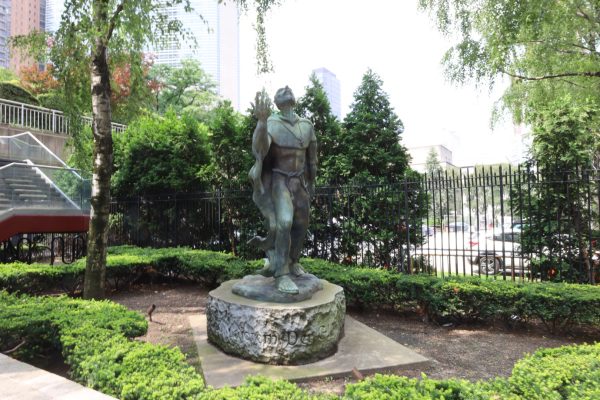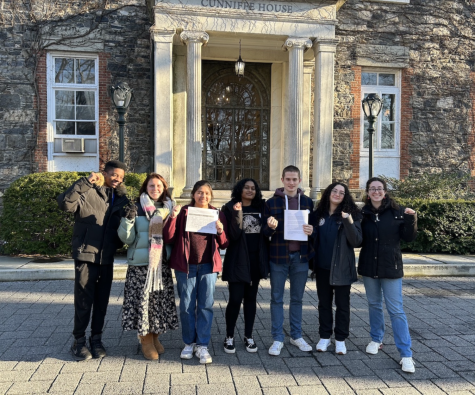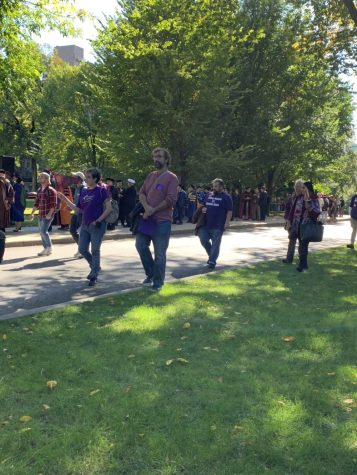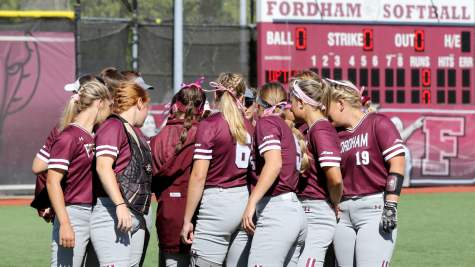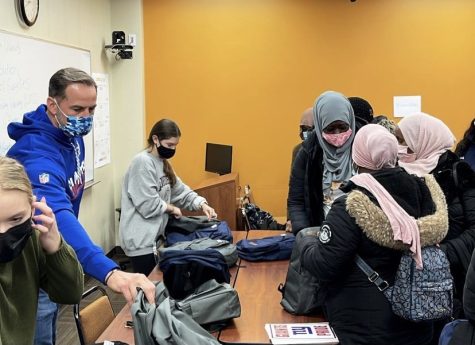CPS Offers Extended Services for Students at Home
Although students are no longer within the physical boundaries of Fordham’s gates, Counseling and Psychological Services (CPS) is working to safeguard the mental health of Fordham’s students through online resources and expanded wellness programming.
For students who have grown comfortable with the structure of their regular individual or group counseling sessions, they are able to continue that routine from home by meeting with a counselor on Zoom or through a phone call.
“It gives me peace of mind and something to keep me grounded among all this craziness,” said Marina Setaro, FCRH ’21, about her counseling sessions.
Stephanie Codos, the outreach coordinator at CPS, said she has seen a decrease in the number of students who are calling to schedule initial appointments, which she said could be attributed to the fact that fewer students are in a space where they feel comfortable to speak with a counselor.
Under normal circumstances, students are only able to attend 10 individual sessions with a counselor at CPS. Codos said that due to unusual circumstances, CPS is being flexible about how many sessions students can attend and for how long. She said she has seen students participate in as little as one session for 30 minutes if that is all they feel they need, or go over the 10 session limit.
In addition to individual and group counseling, there are a series of workshops that students can take advantage of. One titled, “Staying Organized at Home: Executive Functions Skills” is being offered Wednesday, April 22 from 1-2 p.m, while a “Setting Boundaries at Home Discussion” is set for Friday, April 24 from 12-1 p.m., both on Zoom.
Codos said a lot of these workshops were designed with input from the United Student Government (USG) at Lincoln Center on what kind of programming students were interested in. CPS’ website lists the links for all upcoming programs.
Dr. Jeffrey Ng, director of CPS, shared a PowerPoint he said he has been using for various formal and informal talks about mental and emotional health. It lists the stages of grief, criteria for students who may be more mentally and emotionally vulnerable at this time and strategies for coping and protecting mental health. The information was presented at a virtual town hall meeting last week.
Students identified as more likely to be vulnerable include those who experience being in school and campus life as protective factors and students who are returning to family or home environments that may compromise their mental and emotional health.
President of PRIDE Alliance Jack McClatchy, FCRH ’21, spoke about the experience of many queer students.
“For some, college was the first opportunity to be fully themselves. People are forced to either go back into the closet or face all kinds of abuse from unaccepting families,” McClatchy said.
CPS aimed to target some of these challenges by hosting a drop-in LGBTQ+ support space on Fridays from 3-4 p.m.
Ng said many stressors during the COVID-19 pandemic include those related to boundaries and physical space at home and with family, cabin-fever and boredom and socioeconomic stressors such as financial and food insecurity.
Emma Budd, FCRH ’20, who attended the town hall, talked about the difficulty of balancing staying informed about current events while staying mentally well.
“It’s so so hard to read or watch the news right now without getting incredibly overwhelmed,” she said.
Also, she mentioned the process of regression to past roles and dynamics when returning to family homes as a phenomenon fellow students were experiencing.
Budd said she has been lucky to come from a family where counseling is ordinary and not a taboo topic. Even so, she said she has been struggling with not having a guaranteed quiet space to do her sessions.
“I don’t always feel motivated to do them, either, but I try to remind myself that this is a form of self-care I’m lucky to have access to. As someone who does not do well with uncertainty, I need the outlet,” she said.
CPS recently released a flyer titled “Stress Management Resources for Uncertain Times,” which includes a list of apps, books, websites and podcasts that students can take a look at. Recommended apps include “Breathe,” “Calm” and “Mindshine – Mental Fitness” while one suggested podcast is titled “COVID Sucks, People Don’t.”
In addition to reaching CPS at 718-817-3725 for Rose Hill students, its website urges students to call 911 or go to a local emergency room if they are experiencing a mental health emergency. The National Suicide Prevention Lifeline can be reached at 1-800-273-8255, and the Crisis Text Line can be reached by messaging START to 741-741.



































































































































































































